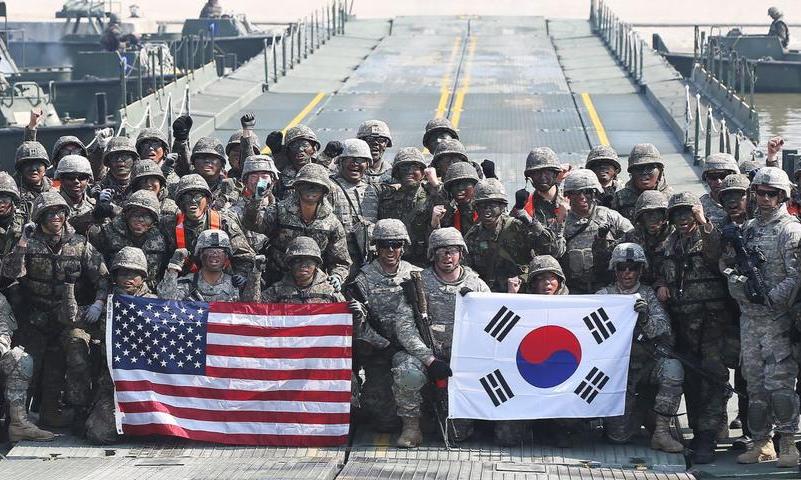
Kent Harrington, Former senior CIA analyst, National Intelligence Officer for East Asia
Jun 23, 2017
US President Donald Trump’s signature Asia policy – his pledge to stop North Korea’s development of nuclear weapons – should be a clear-cut example of American military resolve. Unfortunately for the region, it has proved to be anything but that.
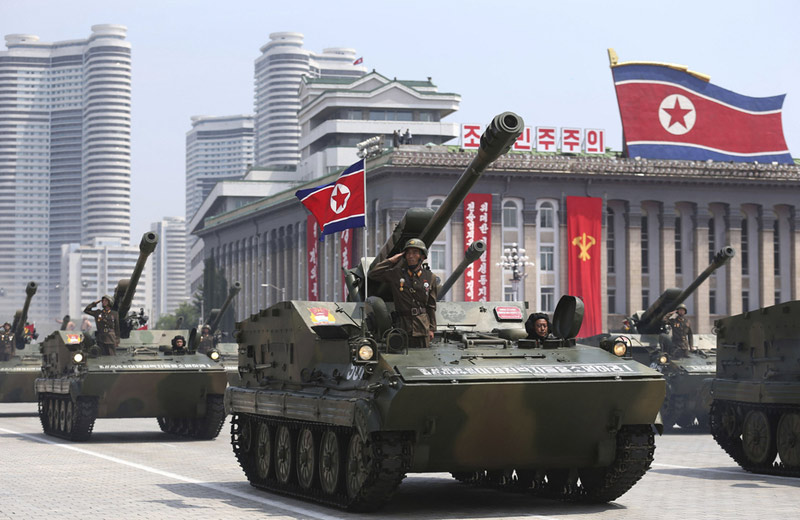
Wu Sike, Member on Foreign Affairs Committee, CPPCC
Jun 22, 2017
The two Koreas and other relevant parties should focus their concern on peninsular, Asian and global peace and return to the negotiation table to create a new peace regime on “dual tracks”. This will help the peninsula, Northeast Asia and the whole Asian region realize permanent stability and peaceful development.
Yue Li, Senior Fellow, Pangoal Institution
Jun 20, 2017
Moon needs practical and operational measurements and outcomes, as well as ambition and determination to tackle the challenges of inter-Korean relations. And yes, there surely are opportunities and advantages for the South Korea to take. But the government has to be very careful to turn them into positive forces, so that a revival of “Sunshine” isn’t weakened to mere “Moonlight” as the pessimists have predicted.
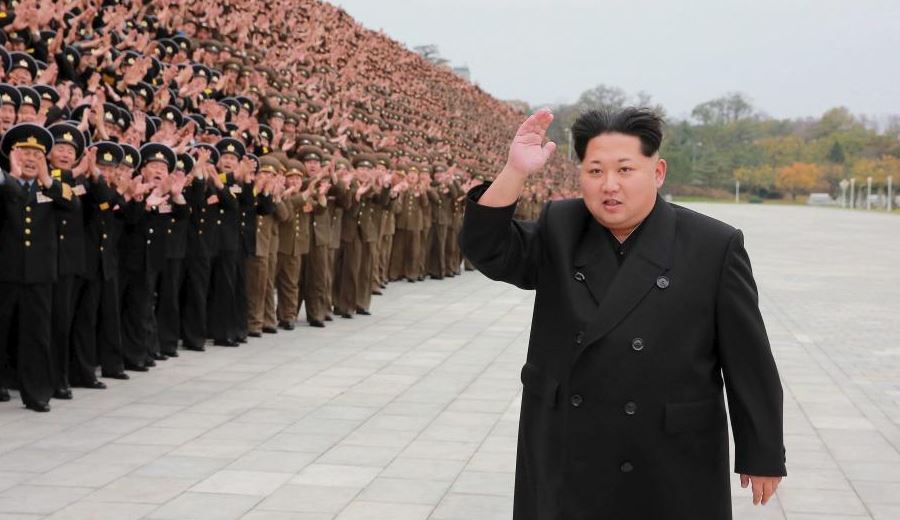
Wang Longlin, PhD Student, Peking University and Cornell University
Jun 13, 2017
How can China and America address the Korean Peninsula crisis? China needs to convince North Korea to disband its ongoing nuclear program. And both North Korea and the United States must reduce aggression in order to ultimately increase stability.
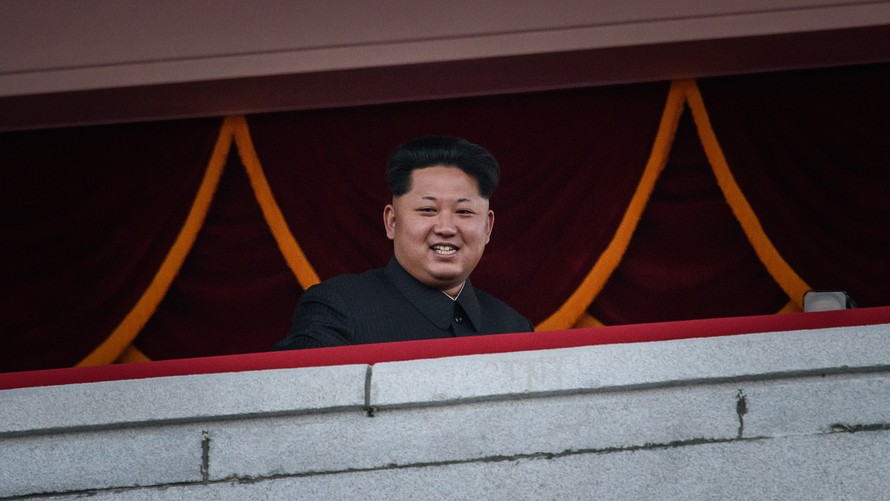
Howard Stoffer, Associate Professor of National Security, University of New Haven
Jun 09, 2017
Doing nothing is not an option. Taking limited steps in the Security Council like the June 2nd U.N. resolution, while welcome, still lack substantive action to drastically alter the security situation on the peninsula. The hair trigger for a misstep and disaster grows tighter every day that Kim Jung-un remains unbound and unrestrained.
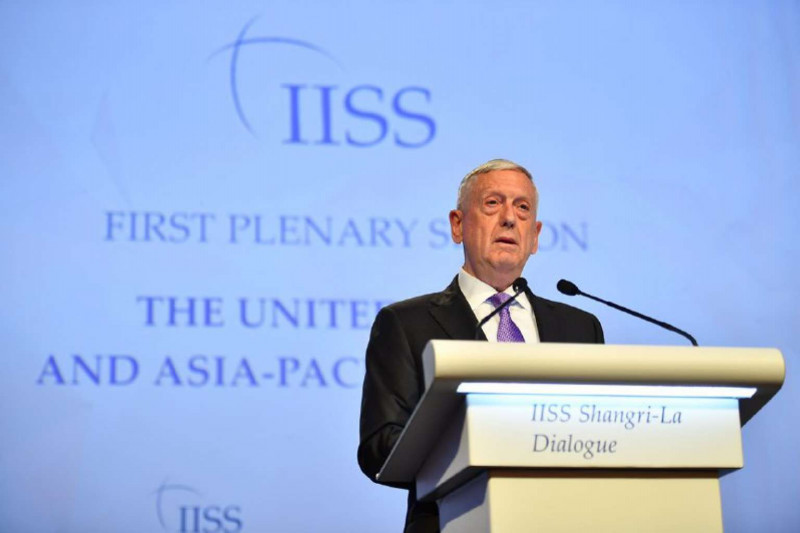
Richard Weitz, Senior Fellow, Hudson Institute
Jun 07, 2017
U.S. Secretary of Defense James Mattis’ speech used the Shangri-La Asia Security Dialogue as a platform to criticize some Chinese actions, but also offer options for cooperation regarding Korea. He reassured allies, reaffirmed alliances, and expressed a generally cooperative stance to resolving international challenges.
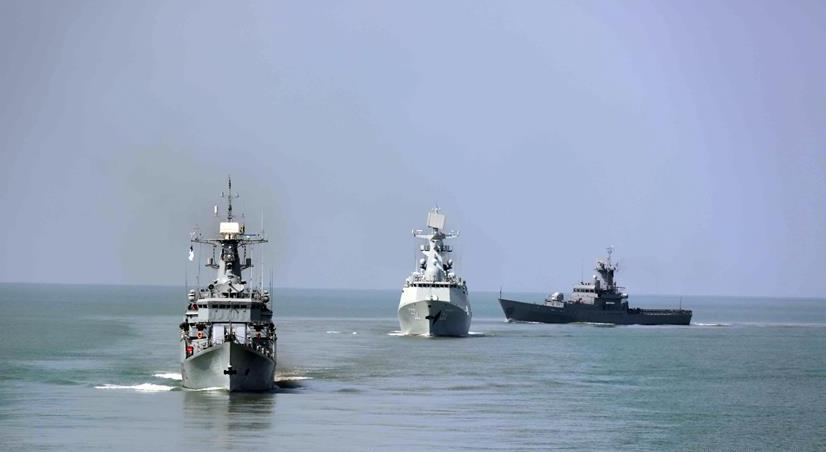
Andrew Ludwig, Junior Fellow of Center for Peace and Conflict Studies
May 29, 2017
The lack of clarity and consistency in the Trump administration’s approach to Asia is creating a security dilemma in the region. U.S. action and inaction has left room for a possible arms race and further instability in the region. The United States must begin consistent policy of engagement and a clear strategic approach in Asia in order to quell the budding security dilemma the current atmosphere presents.
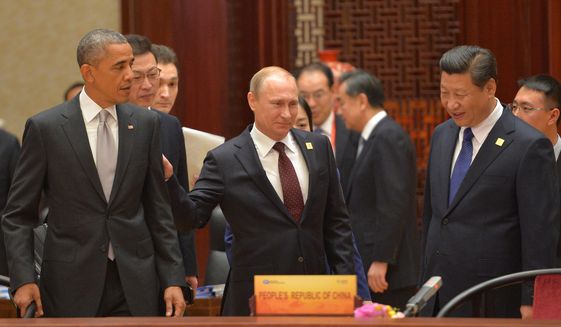
Elizabeth Wishnick, Professor, Political Science at Montclair State University
May 29, 2017
Though the election of Donald Trump at first seemed likely to change the U.S.-Russia-China strategic triangle, relations between the countries have largely remained where they were under Obama. If you remember your geometry lessons, we now have an isosceles triangle—China occupies the pivotal position at the top and has better relations with both Russia and the United States than they have with each other.
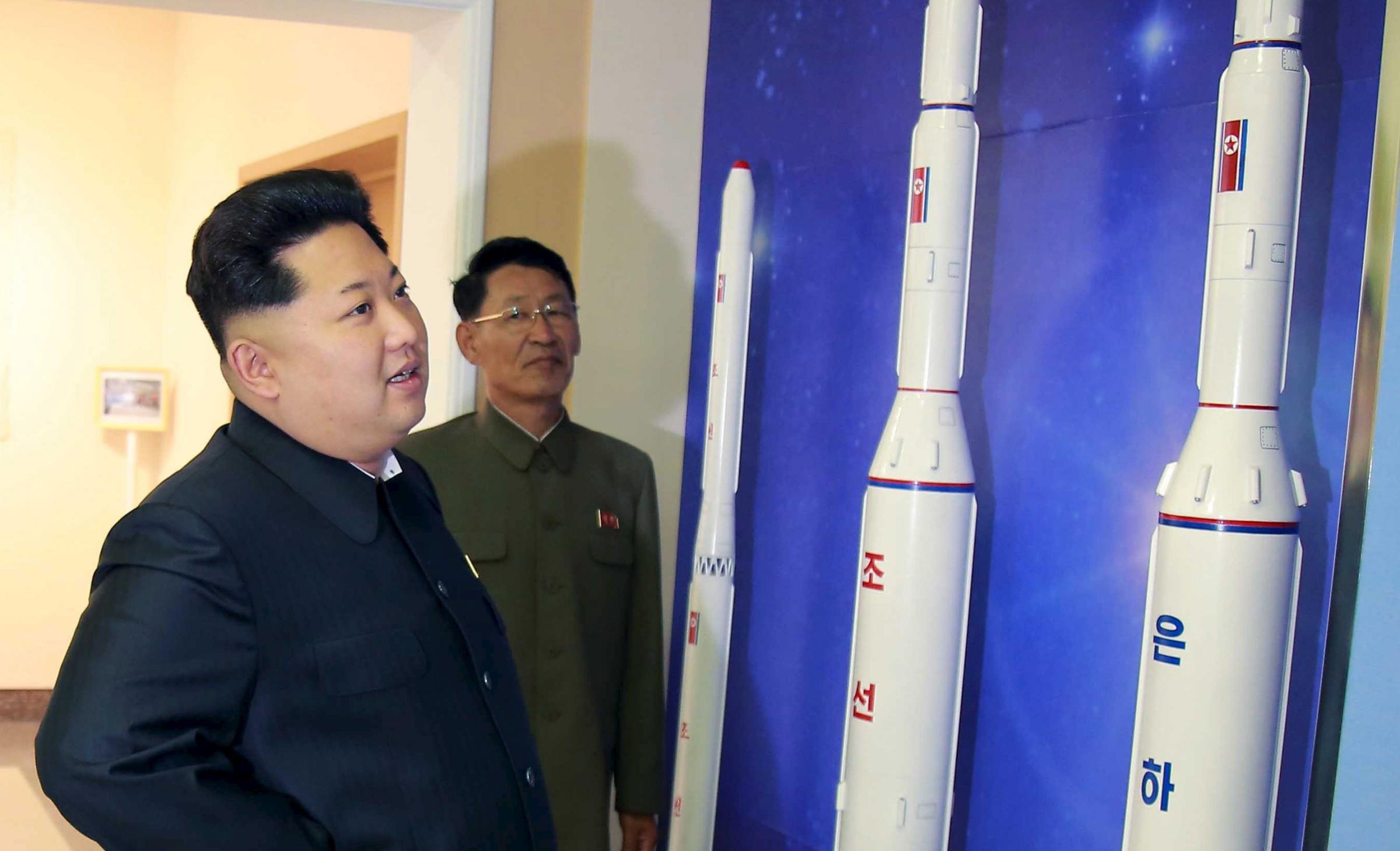
Peter Moody, Professor Emeritus of Political Science, University of Notre Dame
May 29, 2017
Particularly after the election of the progressive Moon Jae-in as president of South Korea, it is opportune to consider whether American policy toward the North is due for a radical rethinking.
Back to Top

- China-US Focus builds trust and understanding between the U.S. and China through open dialogue among thought leaders.
- Our Offerings
- Topics
- Videos
- Podcasts
- Columnists
- Research Reports
- Focus Digest
- Stay Connected
-
Thanks for signing up!
- Get the latest stories from China-US Focus weekly.